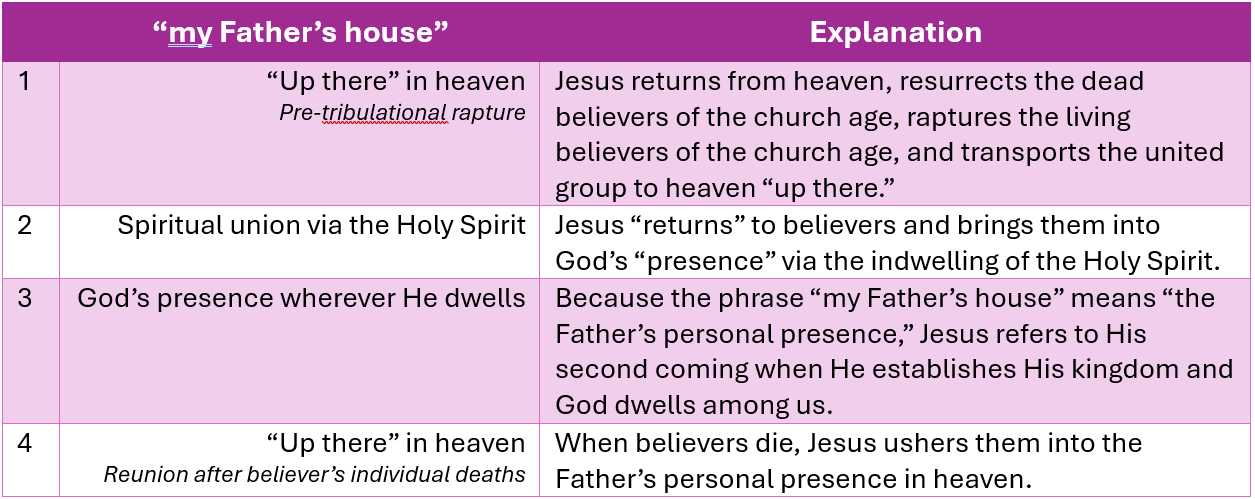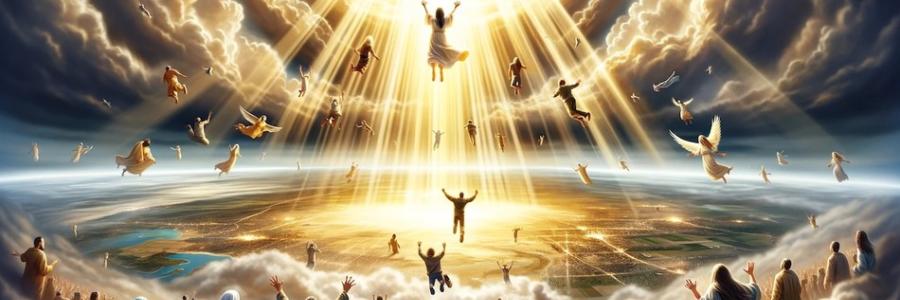End-times author Hal Lindsey dies, leaves sprawling legacy
Body
“Harold Lee Lindsey died on Nov. 25, just a couple of days after his 95th birthday. He is survived by his wife, three daughters, grandchildren, and great-grandchildren, according to an obituary on his ministry’s website.” - WORLD
Also:







Discussion